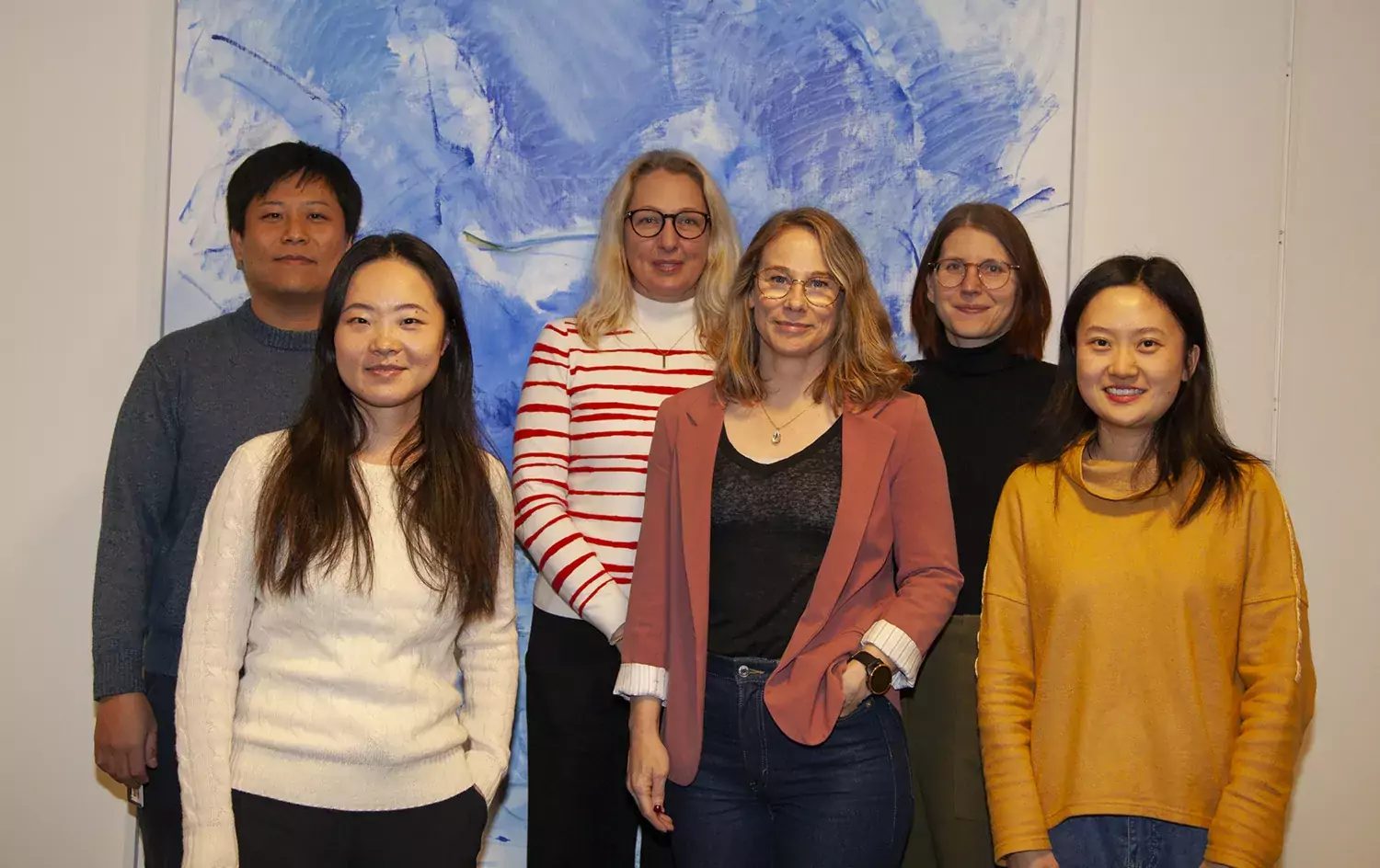Our research
Our research deals with ageing from a population perspective. We study longevity, how old people can get, what has driven the increase in longevity in recent decades, how health has evolved in parallel with increasing longevity, as well as the consequences of an aging population for individuals, for relatives, for health care and for society at large. We mainly conduct epidemiological studies, but work closely with demography, sociology, clinical medicine and nursing.
Our research is mainly based on longitudinal data on diagnoses and care utilization from primary care and specialist care, as well as from drug use, prescription of assistive devices, and social care. Survey studies and qualitative studies are also used.
We are committed to open dialog and collaboration. We have many partners in our projects, both in Sweden and internationally. Please contact research group leader Karin Modig if you want to discuss more.
More information can be found in the menu Project.

